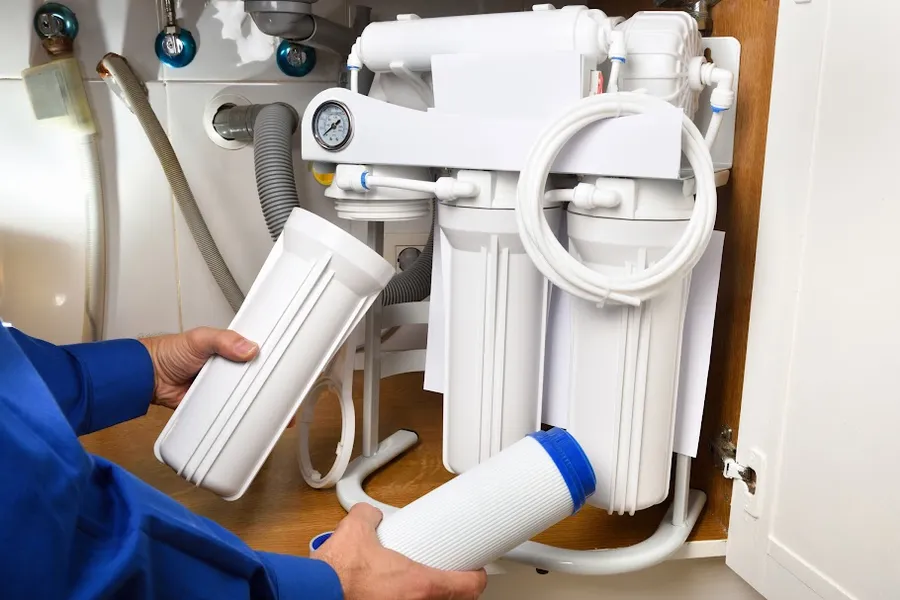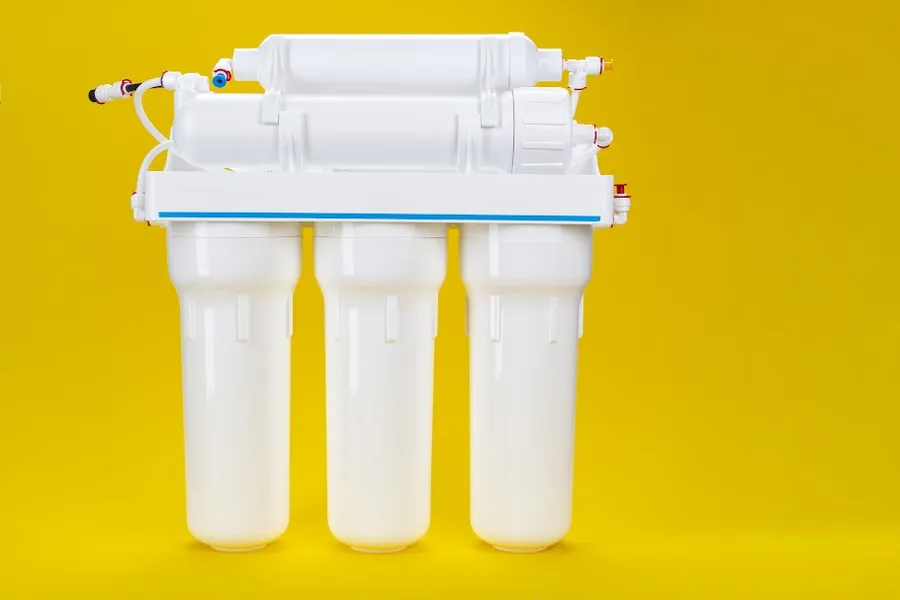Essential Insights for Choosing the Right Filtration Solution
Before you decide on installing a filtration system, it is crucial to understand several important factors. A good filtration system can greatly improve water quality in your home or business. However, not all systems are created equal and making an informed choice requires some groundwork. From understanding the types of filters available to knowing how to maintain them, these insights will help ensure you make a wise investment.
Types of Filtration Systems
There are various types of filtration systems available, each designed to address specific water issues. The most common types include activated carbon filters, reverse osmosis systems, and UV light purifiers. Activated carbon filters remove impurities by absorbing contaminants like chlorine and sediments. Reverse osmosis systems are effective at removing a wide range of pollutants including heavy metals and nitrates. UV light purifiers, on the other hand, effectively kill bacteria and viruses present in water.
Choosing the Right System for Your Needs
Selecting the right system depends on what you need from your water filtration system installation. Consider what contaminants are present in your water supply. If you’re dealing with sediment and chlorine tastes, an activated carbon filter might be sufficient. For more comprehensive purification, such as reducing lead or arsenic, reverse osmosis could be the better option. UV systems are ideal if microbial contamination is a concern.
Installation Process Overview
When preparing for a water filtration system installation, it’s essential to understand the process. Professional installation ensures that the system works correctly and efficiently. Typically, professionals will assess the plumbing layout, choose appropriate locations for the filter units, and connect the system to your current water supply. This minimizes potential leaks and maximizes efficiency.
Maintenance Requirements
Maintaining your filtration system is vital for its longevity and performance. Regularly changing filters according to the manufacturer’s instructions keeps the system running smoothly. Most filters require replacement every six months to a year, depending on usage and water quality. Keep track of replacements using reminders or a maintenance log.
- Check system manuals for specific maintenance timelines.
- Inspect filters periodically for visible wear.
- Ensure no leakage or unusual noises during operation.
Cost Considerations
The cost of filtration systems varies widely based on type and capacity. Initial purchase prices can range from $100 for basic models to over $1,000 for advanced systems like reverse osmosis units. Installation fees may also apply if professional service is required. Long-term costs involve replacing filters and potential repairs. Investing in a high-quality system usually results in fewer maintenance issues and better overall value.
Environmental Impact
A well-chosen filtration system not only improves water quality but also benefits the environment by reducing plastic waste. By using filtered tap water instead of bottled water, you reduce the demand for single-use plastics. Additionally, some systems are designed to minimize energy use, further decreasing their environmental footprint.
Ensuring Quality With Reliable Services
To get the best outcome from your filtration system, work with reputable providers who offer reliable services. Companies that have expertise in installations ensure that everything functions optimally from day one. Seek out providers with positive reviews and proven experience in dealing with complex water treatment needs.
Your Partner in Water Quality Solutions
For those interested in enhancing their water quality through a proven solution, consider partnering with Oasis Irrigation. Our team serves clients throughout Orlando, FL, offering expert guidance and dependable installations. Reach out to us at (407) 495-2952 to explore how we can help meet your water filtration needs effectively.

